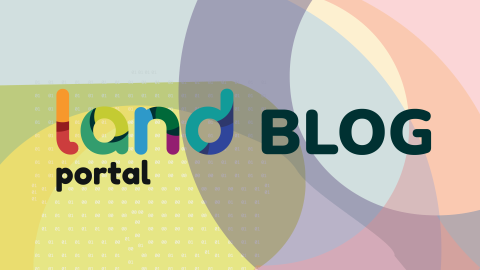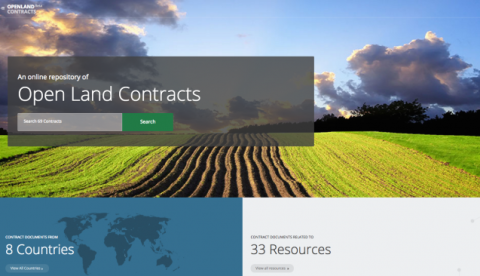Discover hidden stories and unheard voices on land governance issues from around the world. This is where the Land Portal community shares activities, experiences, challenges and successes.
 Follow our
Follow our
Sustainable Development Goals
Blog Series!
Interested in land corruption?
Follow our Land & Corruption Blog Series
for in-depth perspectives from the experts.
Issues
Geographical focus
“Mediation offers a peaceful alternative to litigation in land disputes, as seen in the SudCam case in Cameroon. By promoting dialogue and cooperation, mediation can help communities protect their land rights and livelihoods.”
Blog by Francis Simeu, TI Cameroon, to celebrate International Human Rights Day
In the villages surrounding SudCam's vast rubber plantation in Southern Cameroon, the contrast between initial promises and current reality is striking. More than a decade after the establishment of this Halcyon Agri Corporation Limited subsidiary, local communities face a radical transformation of their environment and way of life.
Promising Beginnings, Rapid Disillusionment
Background
In Cameroon, many rural communities are unaware of their rights, in a context where they are increasingly challenged by large-scale land-based investments. Sandrine Kouba from RELUFA explains how setting up a radio programme has helped to inform indigenous communities about their rights and enable them to feel better prepared to face investors.

come to mind when you think of open data."
The ability to own land and access natural resources allows women to secure food for their families, increase their agricultural productivity and livelihoods, and help drive local economies. Land rights empower women to have a say in matters that affect their lives, families and communities — everything from deciding what crops to plant to investing in children’s education and health.
Since last year, 35,000 people in Uganda’s Kiryandongo district were forced from their lands to make way for large-scale farming, including at gunpoint and by a sugar firm with international backing
Africa remains a net food importing region spending more than USD 35 billion annually on food imports, although this continent has about 65% of the uncultivated arable land left in the world to feed 9 billion people by 2050 (AfDB, 2016). Land tenure remains a major challenge across the continent and only about 10% of Africa’s rural land is registered. In Cameroon, in particular, land as an asset, an input or an income source is not equally possessed by any individual or household with respect to gender and place of living.
Improving how we work for – and with – indigenous and local women in their communities
As a human rights organisation, gender justice is a fundamental principle of our work, and we have long been conscious of, and sought to address, the barriers to effective participation in decision-making by women, as well as the other human rights violations they may face on account of their gender.
This is a contribution to our ongoing debate 'Open Data and Land Governance: Increased accountability and transparency as a means to overcoming poverty?'. Join in and ad your voice to the discussion!
By Kaitlin Cordes, Head of Land and Agriculture at the Columbia Center on Sustainable Investment





